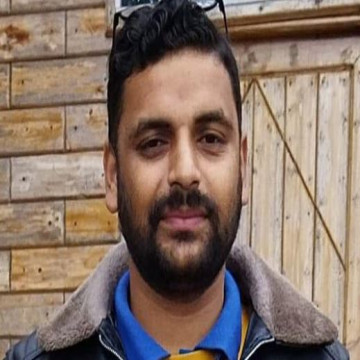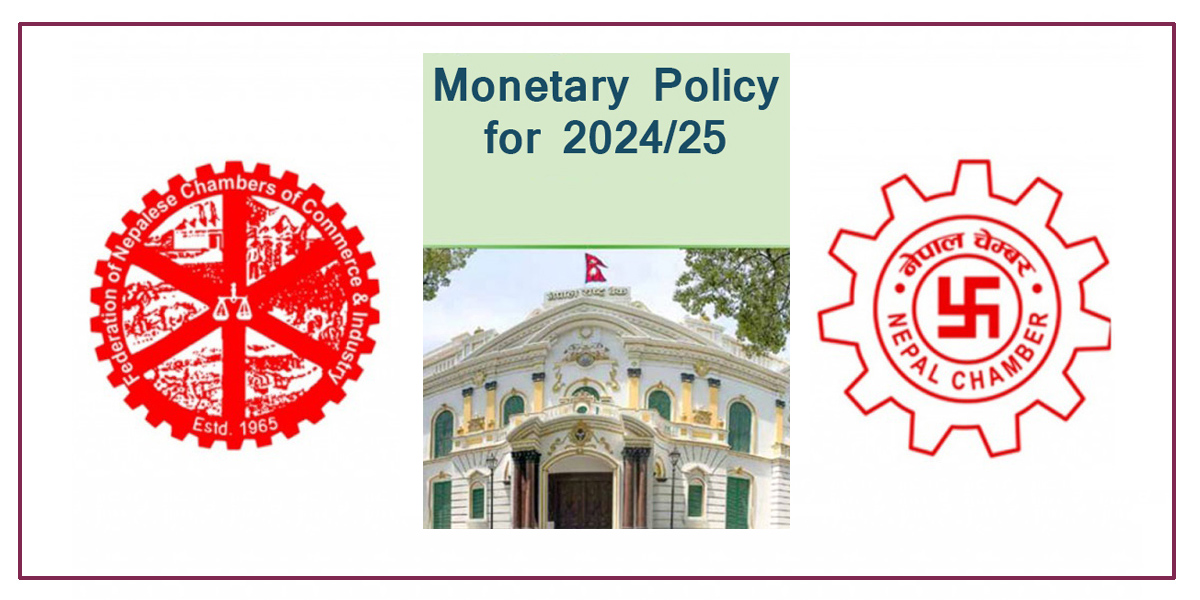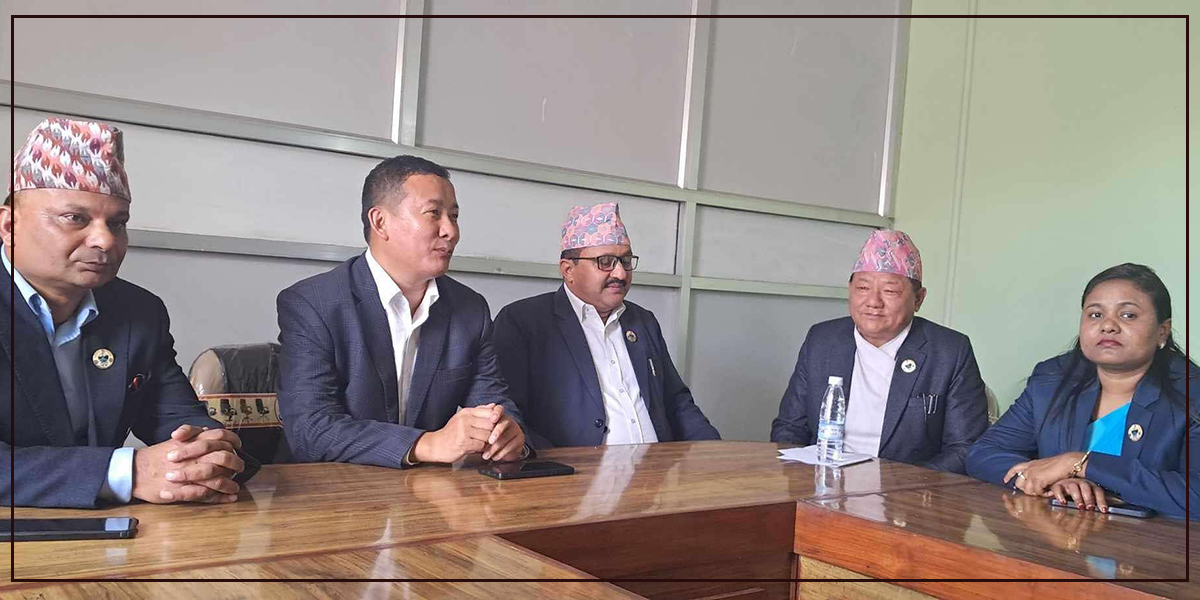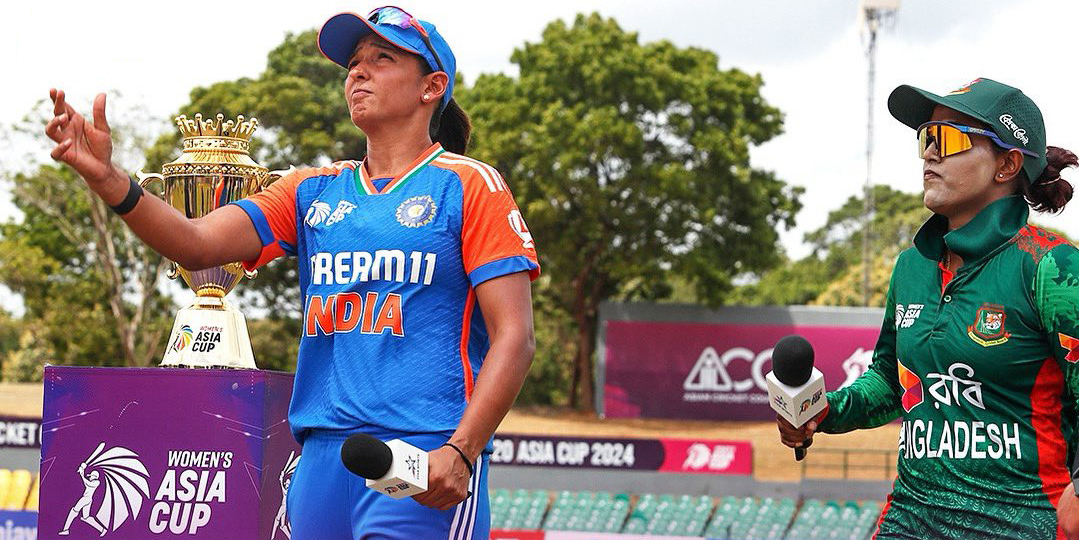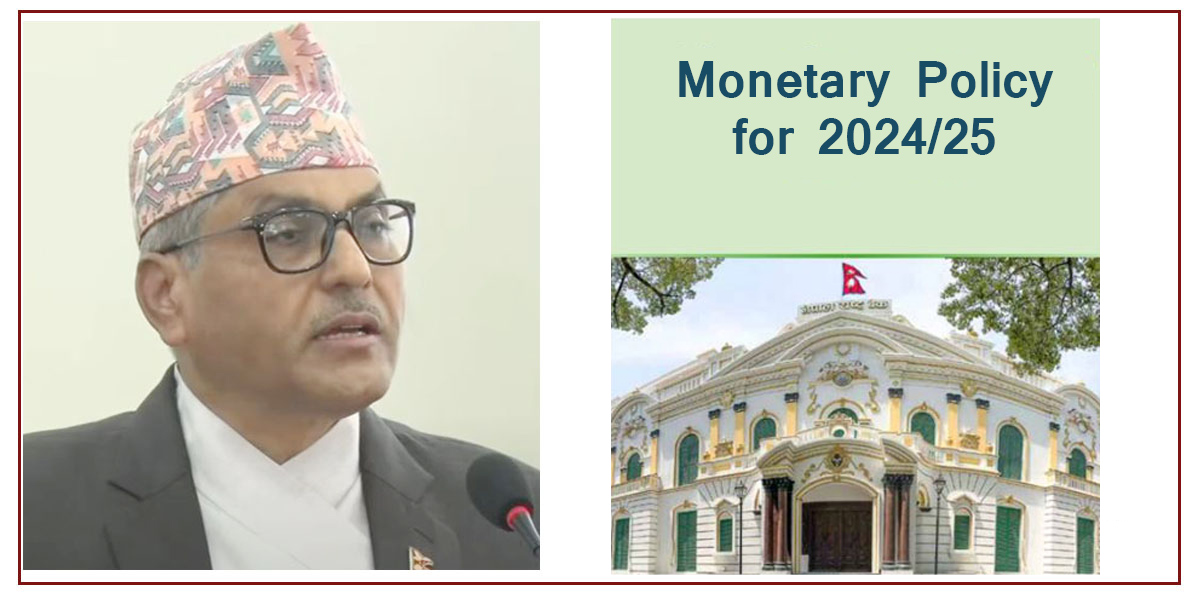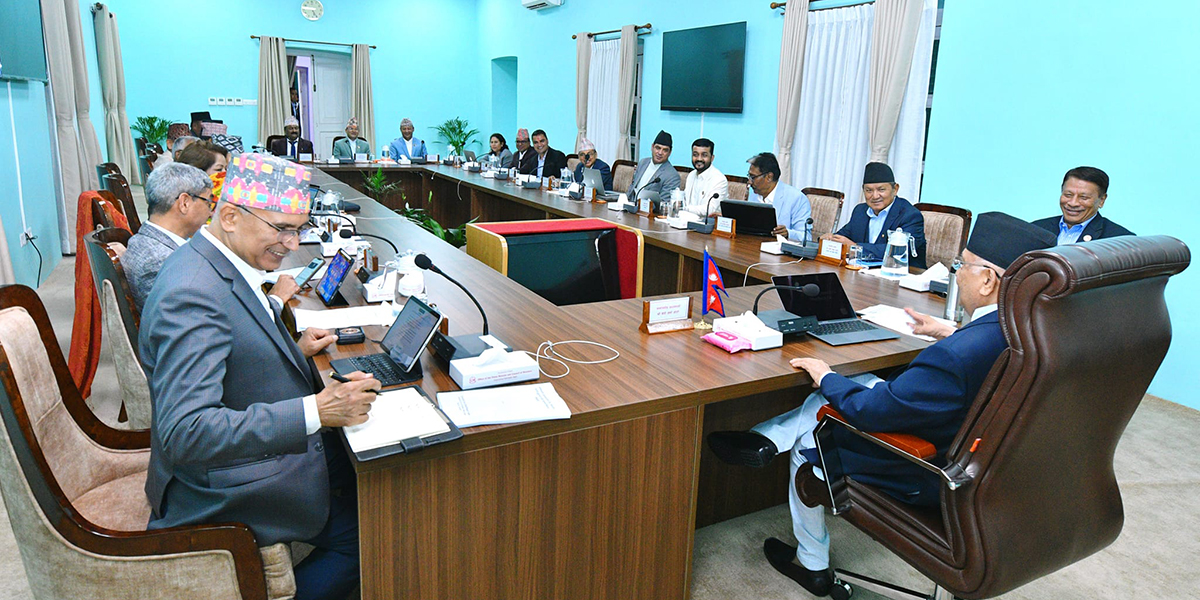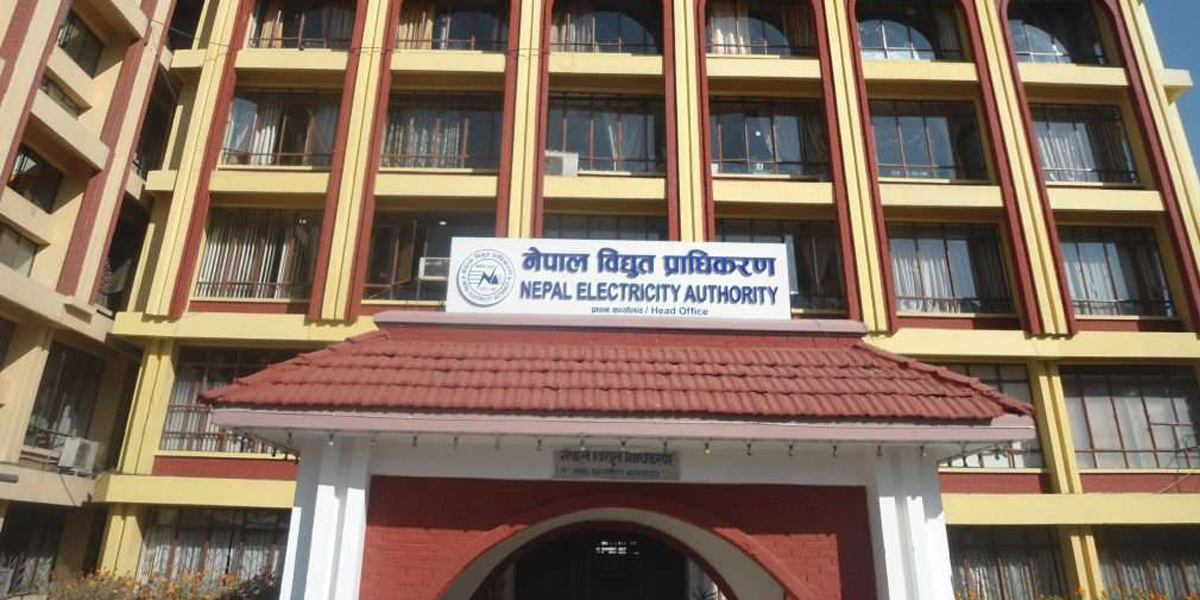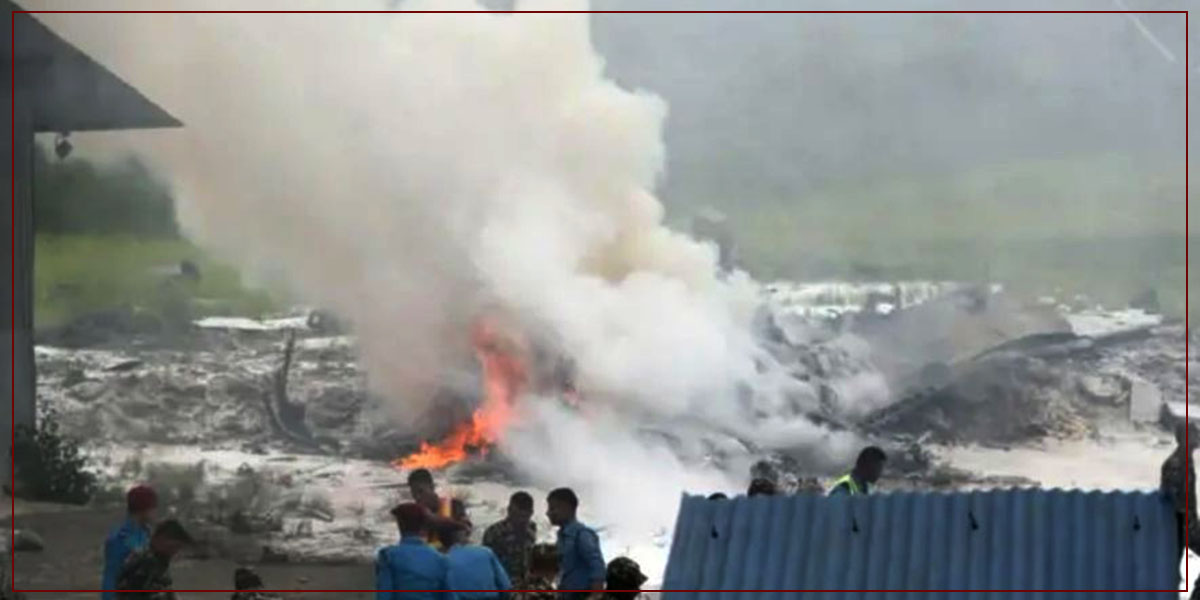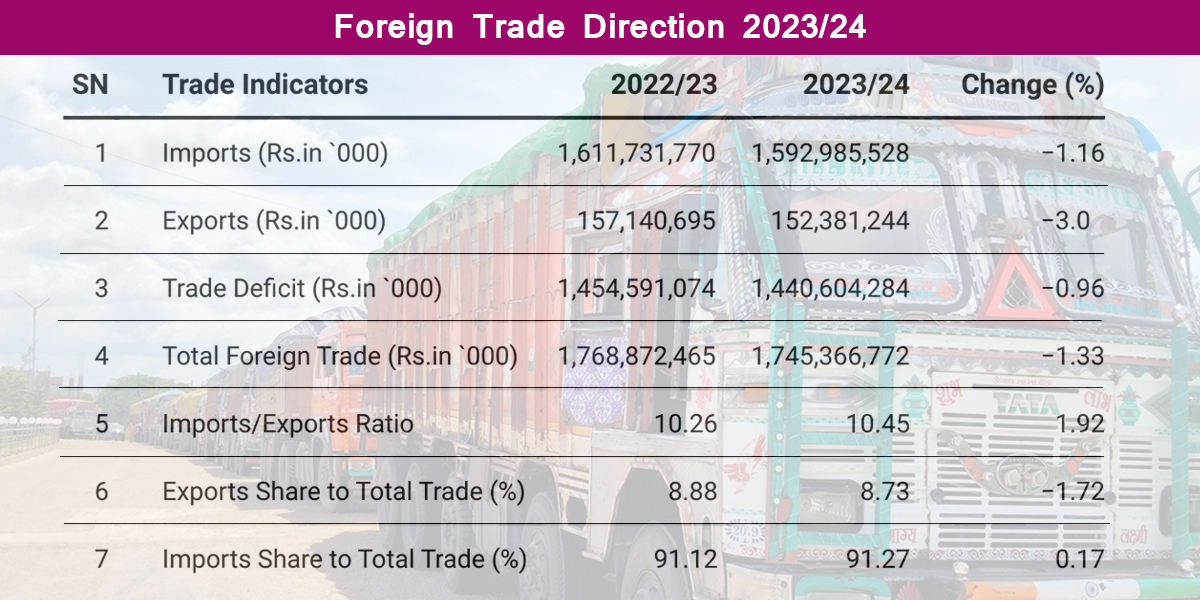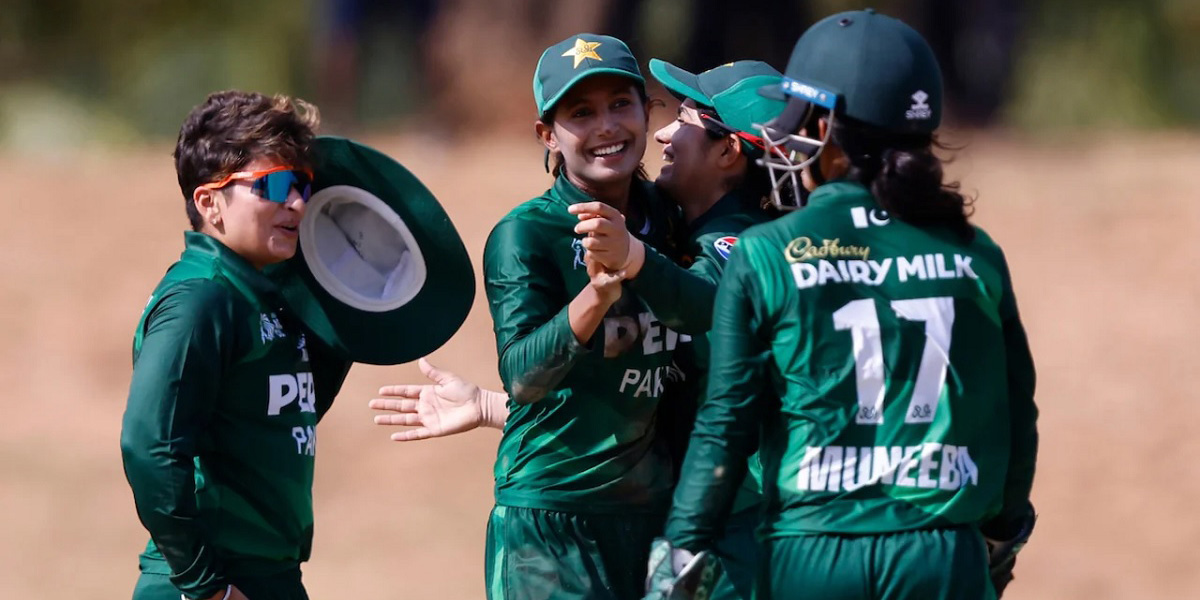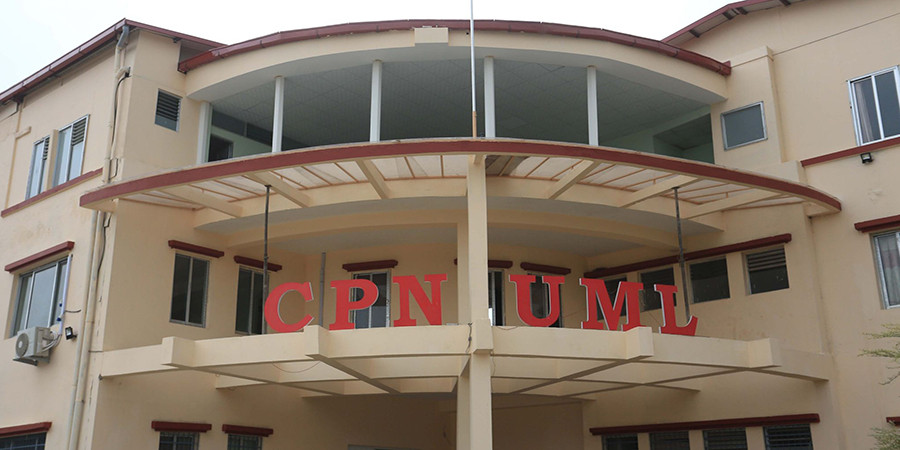 CPN-UML Headquarters
CPN-UML Headquarters
KATHMANDU: Most of the leaders of the CPN-UML refrain from making comments on the party’s leadership. Instead of criticizing the wrong decisions of the leadership, they make every effort to defend party chairman KP Sharma Oli. They often tell the media, “There is no internal power struggle in UML, as claimed by outsiders.”
The UML has a reputation for saying one thing and doing another. Recent developments within the party only confirm that this tendency is growing rather than diminishing. This is evident in the disparity between Oli’s recent words and his actions.
Oli has said consistently that there is no factionalism within the UML. However, the recent elections for new leadership in the party’s provincial committees reveal the deep-rooted factionalism within the party. Second-rung leaders, however, say that it should be seen as an internal struggle rather than factionalism. “It should be perceived as an internal struggle rather than factionalism,” said Deputy General Secretary Prithvi Subba Gurung.
Until the 9th general convention of the party, there were two ideological lines in the UML. One ideological line was led by Chairman Oli, while the other by Madhav Kumar Nepal, who has since departed from the UML to establish the CPN (Unified Socialist). During that period, leaders formed factions to participate in elections, with the votes of groups led by Jhalanath Khanal and Bamdev Gautam often deciding the outcomes. Leaders would engage in discussions to secure the support of the other group. “Most of the time, those who managed to secure the votes of Bamdev and Jhalanath groups would win the election,” recalls UML leader Pradeep Gyawali.
Khanal and Gautam are no longer associated with the UML. Khanal joined forces with Nepal to form the Unified Socialist party, while Gautam is no longer active in politics. After sidelining Bhim Rawal, who contested with Oli for the position of party chairman in the 10th general convention, Oli has emerged as the uncontested leader of the UML. And his critics in the party are gradually being sidelined.
Oli continues to say that there are no factions in the UML. “Our party is not as fragmented as the Nepali Congress; we follow the same leadership,” he said addressing a program recently.
However, the recent provincial elections show the party is entering into a new era of factionalism.
Leaders often conceal the reality
Few party cadres or leaders openly criticize Oli’s actions and statements. Two factions were evident during the general convention of UML’s Lumbini Province Committee. Representatives at the convention were clearly divided into two camps led by Vice Chairman Bishnu Poudel and General Secretary Shankar Pokharel.
In his address to the general convention, Pokharel rejected claims that he was promoting factionalism within the party. “I will never promote factionalism. Factionalism is the behavior of weak individuals, not us,” he added. Poudel went a step further, stating that Pokharel was a good friend of his.
In practice, however, the situation was different. Both factions fielded their separate panels in the election. To the extent that one faction even claimed to have the support of former President Bidya Bhandari. Radha Krishna Kandel was the candidate for the chairman’s post from Poudel and Bidya’s group, while Hari Rijal contested the election as the candidate of Pokharel and Chairman Oli. Kandel emerged as the victor in the election.
Many considered the election result a defeat for the Oli-Pokharel group.
The factionalism seen in Lumbini soon spread to other provinces. In the Bagmati Province, two factions led by Maesh Basnet and Gokul Baskota were clearly visible. Kailash Dhungel, allegedly aligned with Basnet, was elected chairman of the Bagmati Province Committee, defeating Krishna Prasad Dahal, who was reportedly close to Baskota. Many claimed that Oli himself played an active role in favor of Dhungel.
Factionalism was also evident in the Gandaki Province Election. Mayanath Adhikari and Navaraj Sharma vied for the position of party chairperson. Adhikari had the support of Chairman Oli and General Secretary Pokharel, while Sharma had the support of Deputy General Secretary Prithvi Subba Gurung. Sharma emerged as the winner of the election.
Even if UML leaders do not openly acknowledge it, factionalism has taken root within the party. While no one currently poses a significant challenge to Chairman Oli at the national level, factionalism has clearly expanded to the provincial level.
UML Deputy General Secretary Bishnu Rimal downplays factionalism in UML, stating that there is unnecessary propaganda against the party. He reiterated that contesting elections to select party leadership is a democratic process and that there is no factionalism within the UML.
Political analyst Dambar Khatiwada points out that UML workers vote for their leadership depending on the prevailing circumstances. “Madhav Kumar Nepal served as General Secretary twice but is now considered weak,” Khatiwada notes. “If Oli demonstrates the intent to serve for another term, party workers may choose to oppose him,” he added.
The emergence of the Bidya Bhandari faction?
There is growing speculation that former President Bidya Devi Bhandari is becoming more active in party politics. If this is true, another faction may emerge within the UML. Party members understand that Bhandari is seeking a more prominent role within the party.
Political analyst Bishnu Dahal said that Bhandari may be forming a faction opposing UML Chair Oli. “Oli played a significant role in establishing Bhandari within the party and was instrumental in making her the first female President of the country,” Dahal observed. “Now, she appears to be trying to become more active in UML politics, possibly with the aim of weakening Oli.”

